Defying gravity for rhinos: One woman. One mission. One flight.
As poaching syndicates continue to threaten rhino populations across Africa, the need for sanctuaries like Care for Wild remains urgent.
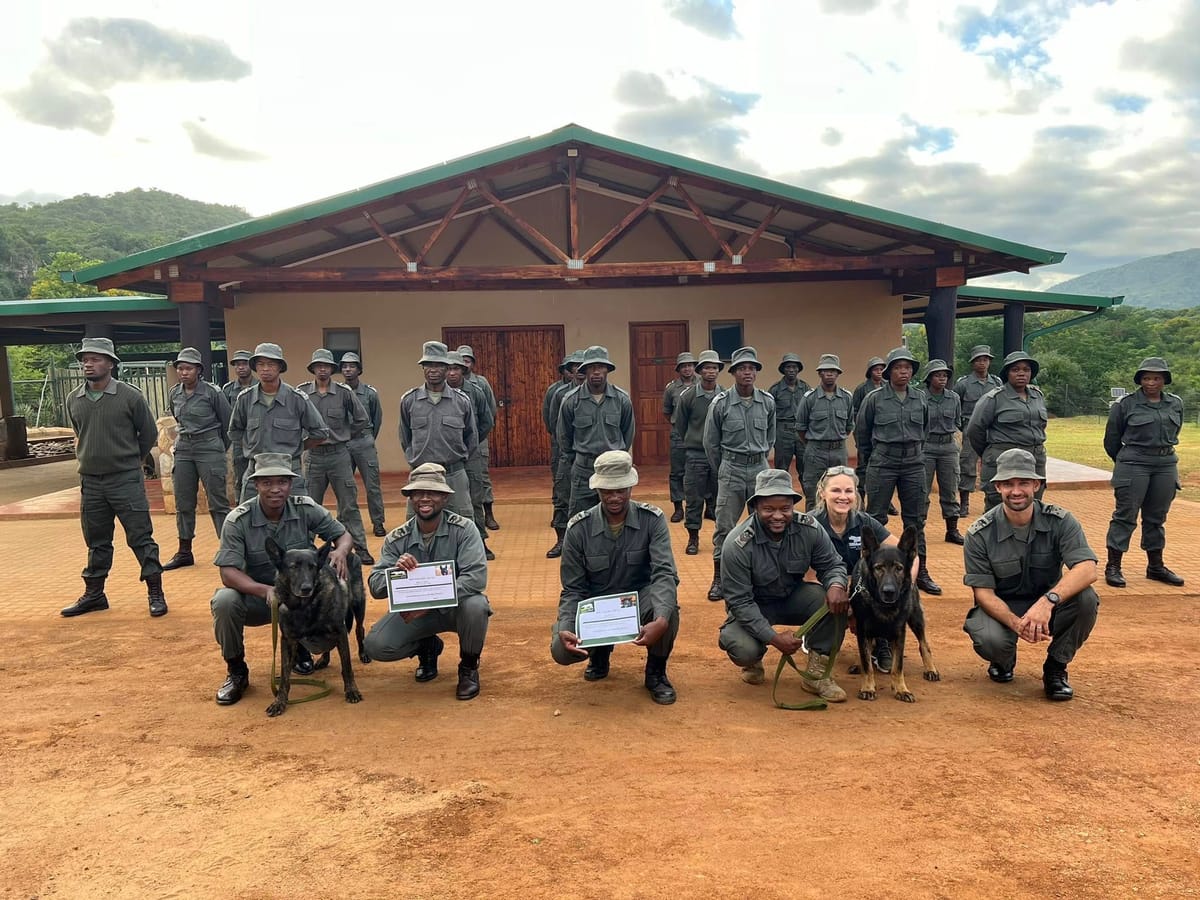
Situated near the majestic Makhonjwa Mountains and the iconic Kruger National Park, lies a sanctuary that has become a global symbol of hope in the fight against rhino poaching. The Care for Wild Rhino Sanctuary, founded by conservationist Petronel Nieuwoudt, is the largest orphaned rhino rehabilitation centre in the world and a vital part of Mpumalanga’s conservation landscape.

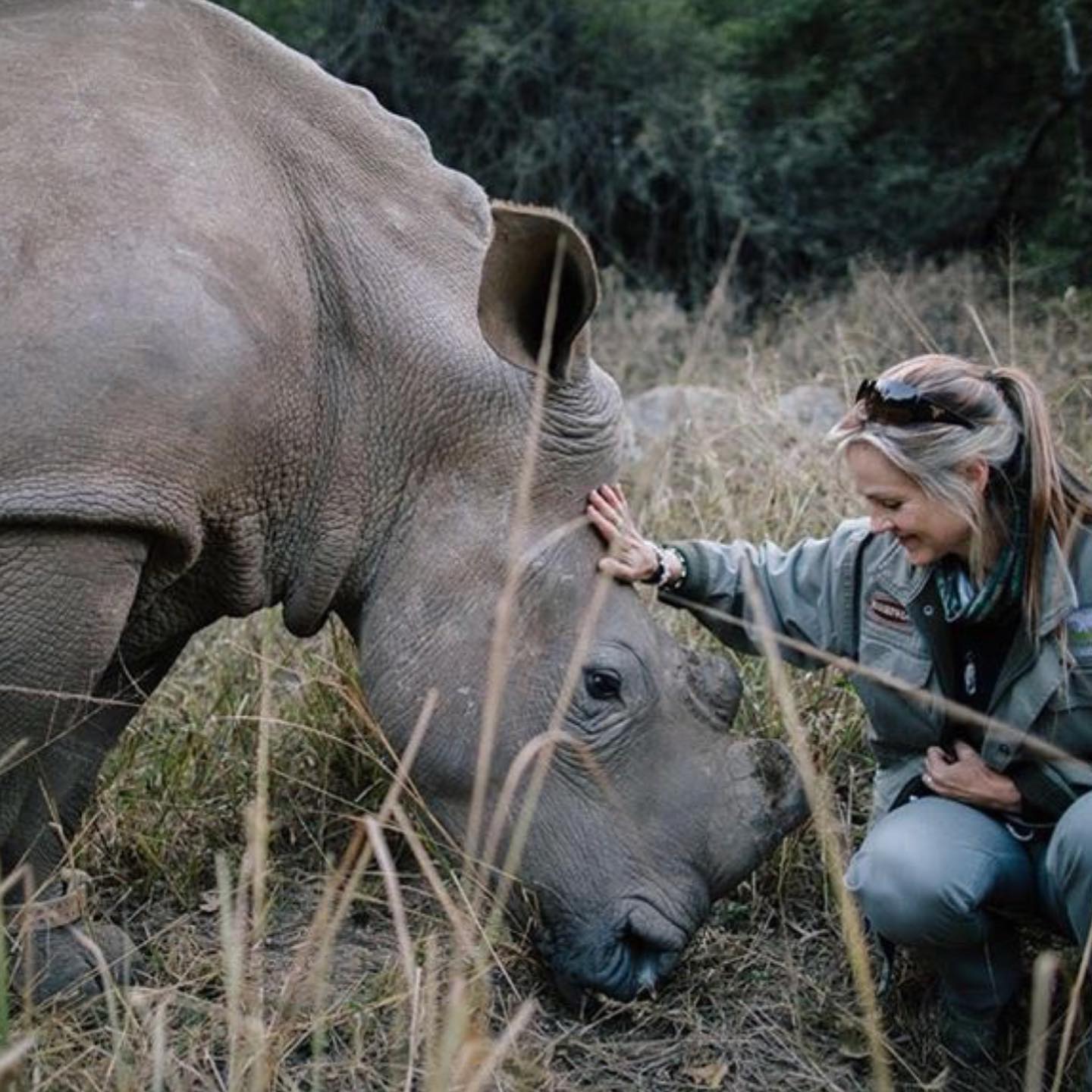
From Humble Beginnings to a Global Mission
Nieuwoudt's journey began in Limpopo, where she grew up on a farm, instilling in her a deep connection to wildlife. Following her university studies, she joined the South African Police Service’s Endangered Species Protection Unit (ESPU), where she rose to the rank of Captain.
She applied her expertise to the founding of the Game Capture School, a training facility dedicated to the ethical handling and care of wild animals. She went on to establish and manage two wildlife centers, namely Sondela and Tamboti, both of which became sanctuaries for numerous injured and orphaned animals.

As the rhino poaching crisis escalated across southern Africa, she shifted her focus and, in 2011, secured remote and secure property to create a secure space for orphaned rhinos. The location was chosen for its natural terrain, safety, and proximity to the Kruger National Park where the poachers were mostly focusing their illegal trade.
The sanctuary is home to rhino calves whose mothers have been killed for their horns. Many of these babies are found traumatised and alone in the bush, often still standing beside their slain mothers. These calves are rescued and brought to Care for Wild where a specialised team provides round-the-clock care.


Healing the youngest victims of poaching
The process of rehabilitation is slow and intensely hands-on. Orphaned rhinos are bottle-fed with specially formulated milk, monitored for stress and illness, and introduced gradually into larger enclosures with other rhinos as they grow stronger. Caregivers provide not just medical care, but emotional support, helping the animals overcome the trauma of their loss.
Once they reach the appropriate stage of maturity, the rhinos are released into secure and strategically selected protected areas that form part of a greater conservation landscape, which spans over 28,000 hectares. Staff continue to monitor their behaviour and health closely, ensuring their long-term safety and integration.

A new generation born in the mountain's wild heart
One of the most inspiring developments in recent years has been the birth of calves to rhinos that were originally brought to the sanctuary as orphans. To date, 25 calves have been born inside the reserve. This is a clear sign that the animals are not only surviving, but thriving.
“These births are proof that despite everything these rhinos have been through, they can still live full, natural lives,” Nieuwoudt said. “Each calf is a symbol of resilience and resistance to the cruelty of poaching.”

Volunteers from across the globe
Care for Wild has attracted international attention, with volunteers from across the world travelling to Mpumalanga to assist in daily operations. The volunteer programme offers a rare opportunity to live and work at the forefront of rhino conservation. Volunteers assist with feeding routines, habitat maintenance, rhino observation, and rehabilitation support. Each day combines practical, hands-on involvement with meaningful environmental education and cultural exchange.
"For many, it is a once-in-a-lifetime chance to contribute to frontline wildlife conservation," Nieuwoudt said.
The presence of international volunteers has also brought global awareness to the sanctuary’s work and to the plight of South Africa’s rhinos. Their support, alongside financial contributions from donors and conservation organisations, helps sustain the centre’s complex operations.

Community upliftment and education
Beyond the care of rhinos, Care for Wild plays a crucial role in community development. Locals are employed across various departments and receive training in conservation and animal care. The sanctuary also runs sport, education and outreach programmes to educate surrounding communities about wildlife protection and to promote alternative livelihoods to poaching.
This layered approach, protecting wildlife, empowering communities, and restoring balance, makes Care for Wild a leading example of holistic conservation in South Africa.
A future worth fighting for
As poaching syndicates continue to threaten rhino populations across Africa, the need for sanctuaries like Care for Wild remains urgent. Yet amid the tragedy, stories from the sanctuary’s work offers a powerful glimpse of hope for the future of a species.
Through tireless work, unwavering compassion, and an ever-growing global network of support, Care for Wild is giving orphaned rhinos a second chance and helping to secure a future where they can live free from fear.
A Call to Action
With rhino populations under threat, the work of Care for Wild and individuals like Petronel Nieuwoudt is more critical than ever. Their dedication offers a beacon of hope in the fight against poaching and the preservation of one of Africa's most iconic species. Fundraising is an all important aspect for the center and this is a constant drive.
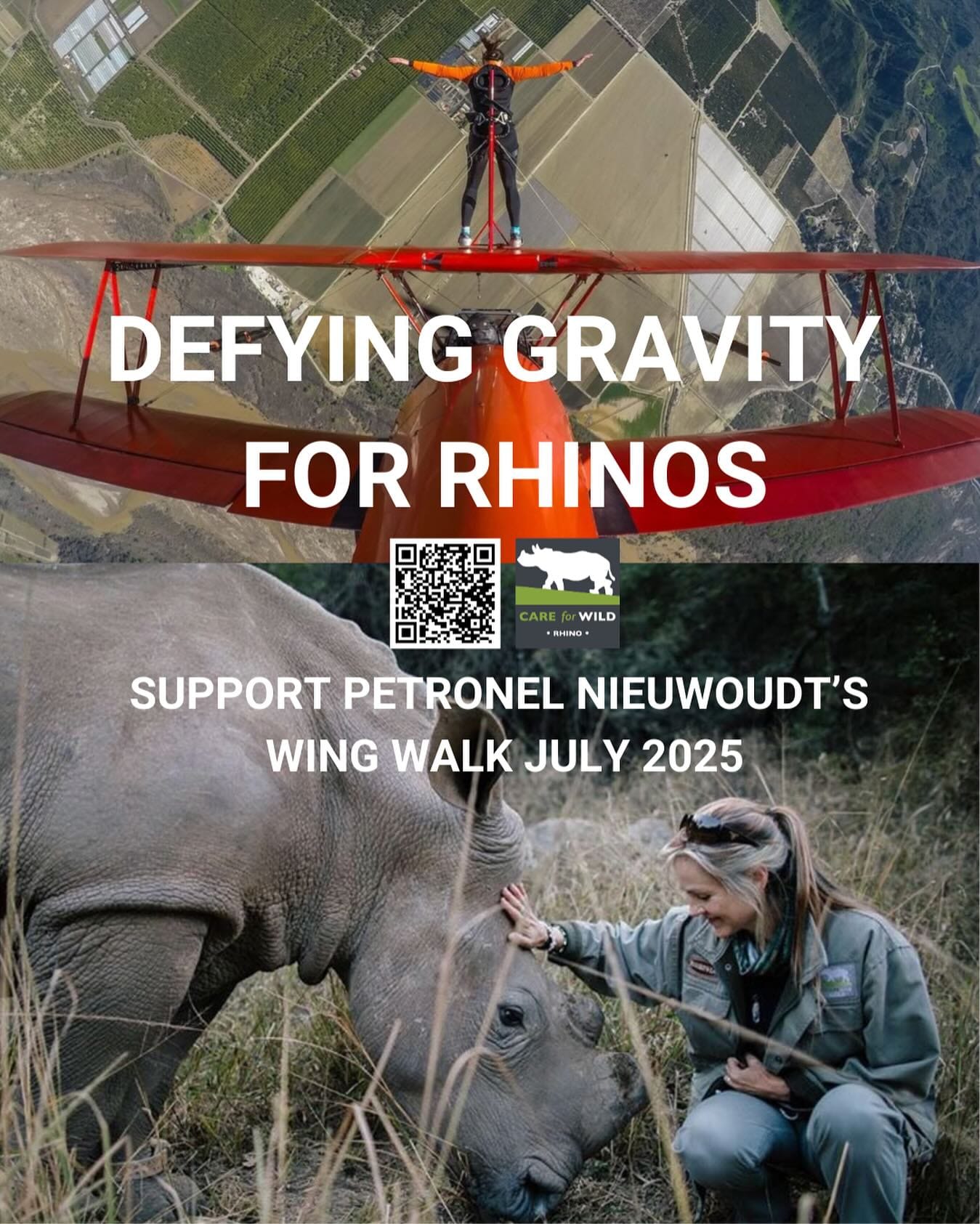
With the raising of funds the ultimate goal, Nieuwoudt is “flying for their lives”, and she needs all the support she can get. She is stepping far out of her comfort zone this July and up onto the wings of a flying aircraft!
Yes, you read that right. Nieuwoudt is wing walking, flying strapped to the top of a plane, all to raise awareness and critical funds for the care of orphaned and injured rhinos. Known for keeping her boots firmly on the ground, this brave leap into the skies is symbolic of the daily race to rescue and protect rhino calves left alone, frightened, and vulnerable after poaching attacks.
Time is everything when an orphan is found. Reaching them quickly and safely often means flying them to safety, by helicopter, or even lifted in a cargo sling beneath one. If rhinos must fly to survive, Nieuwoudt is willing to do the same.
🟥▶️ Watch Video
Her message is simple: “When you lead with love and fly without fear, nothing is impossible.”
Please consider supporting her daring effort. Every donation helps ensure:
- Emergency response to the next orphaned rhino
- Life-saving medical treatment
- A second chance for survival
Donate to her ‘Flying for Their Lives’ campaign HERE.
For rhinos, hope comes by air. You can help it arrive. For more information or to support their mission, visit their website or contact Nieuwoudt on admin@careforwild.co.za / +2713-590-4448.
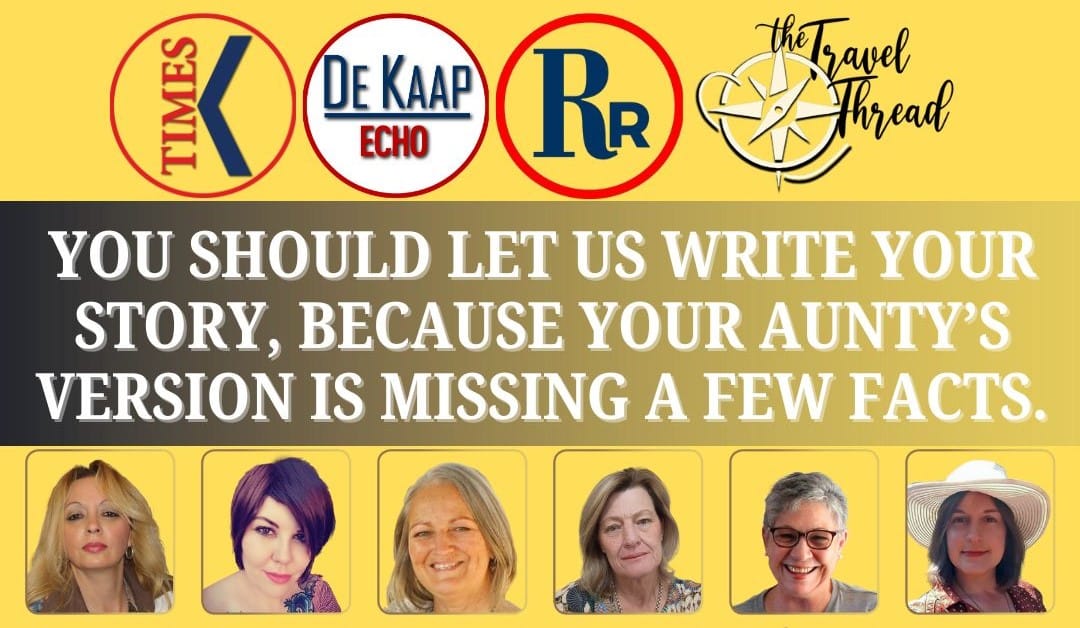
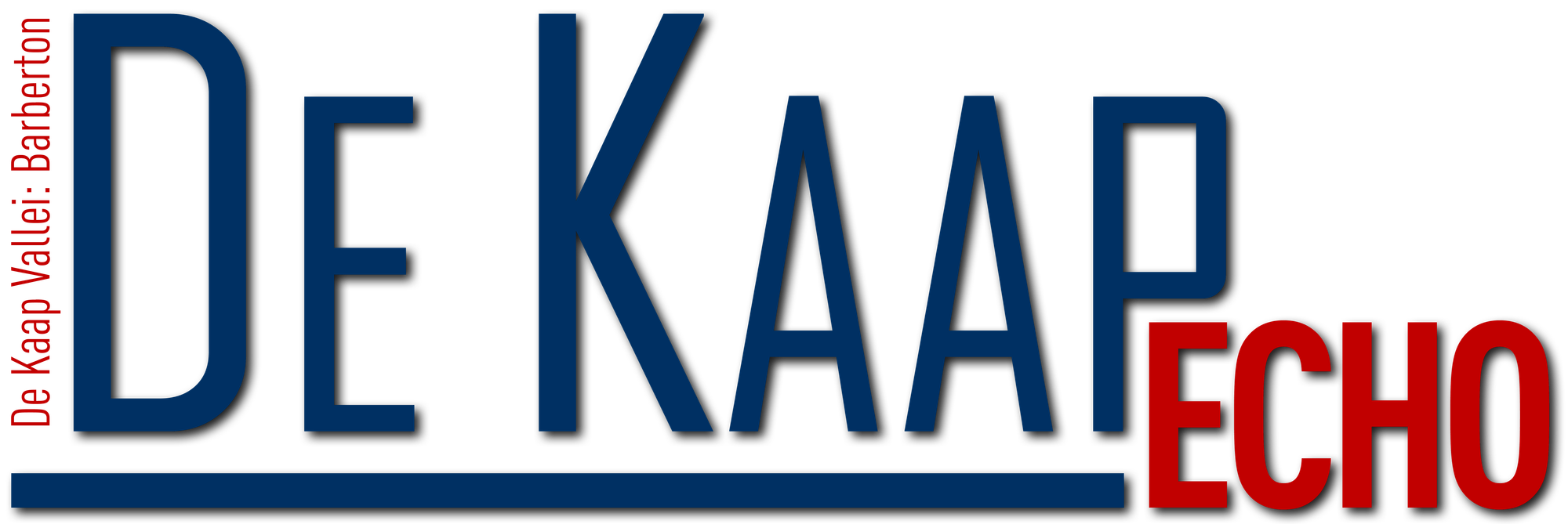
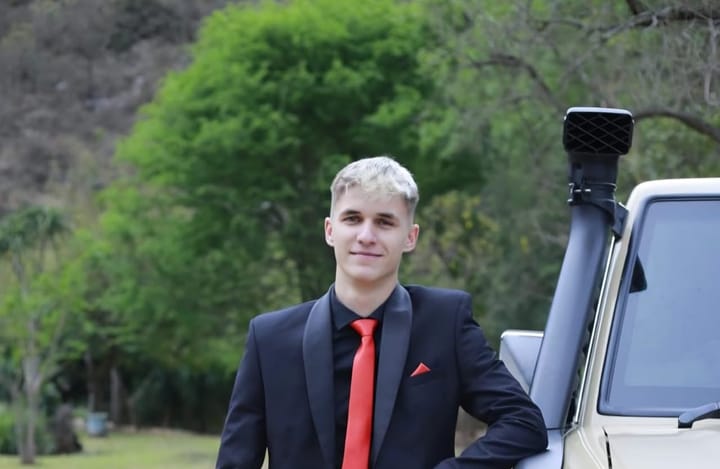
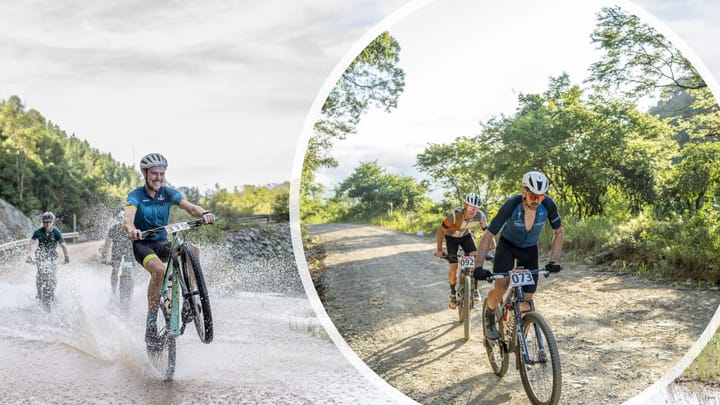

Comments ()